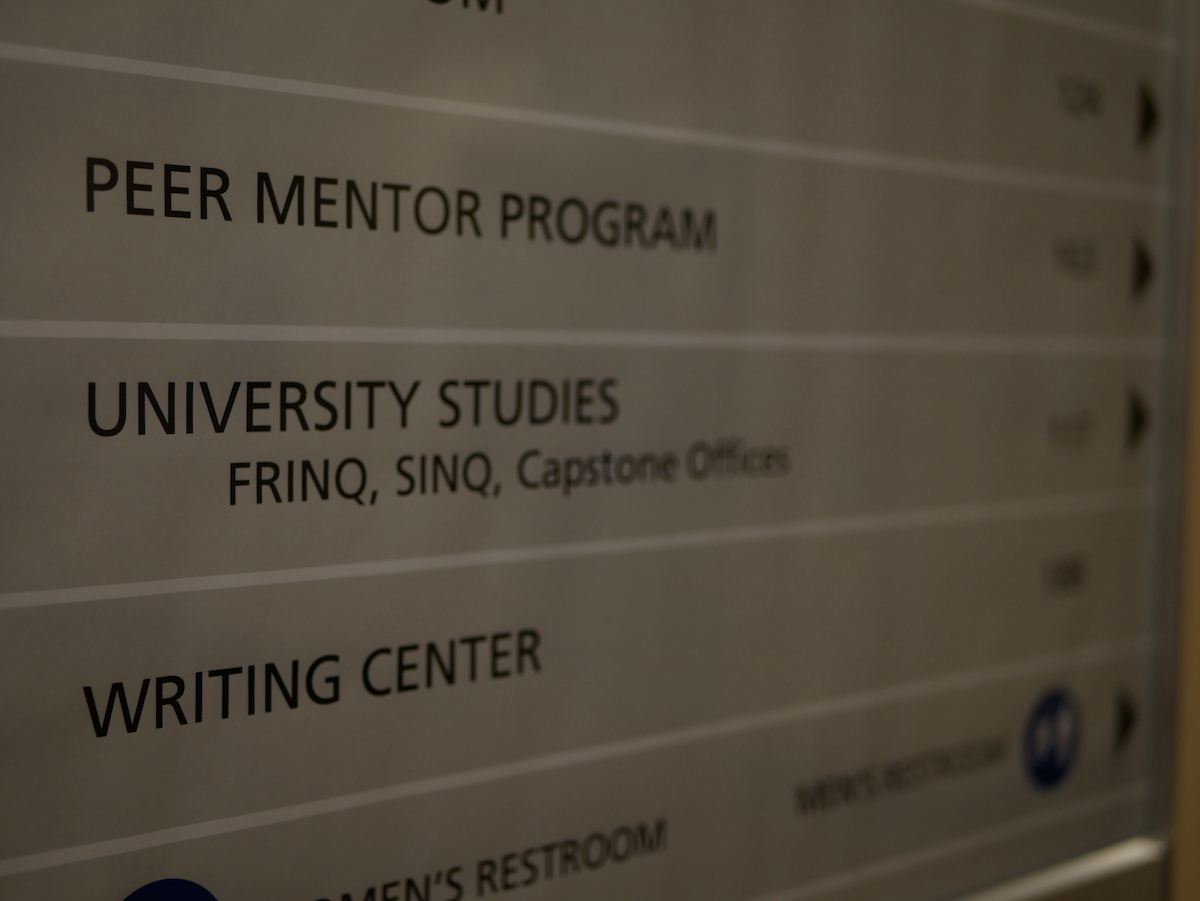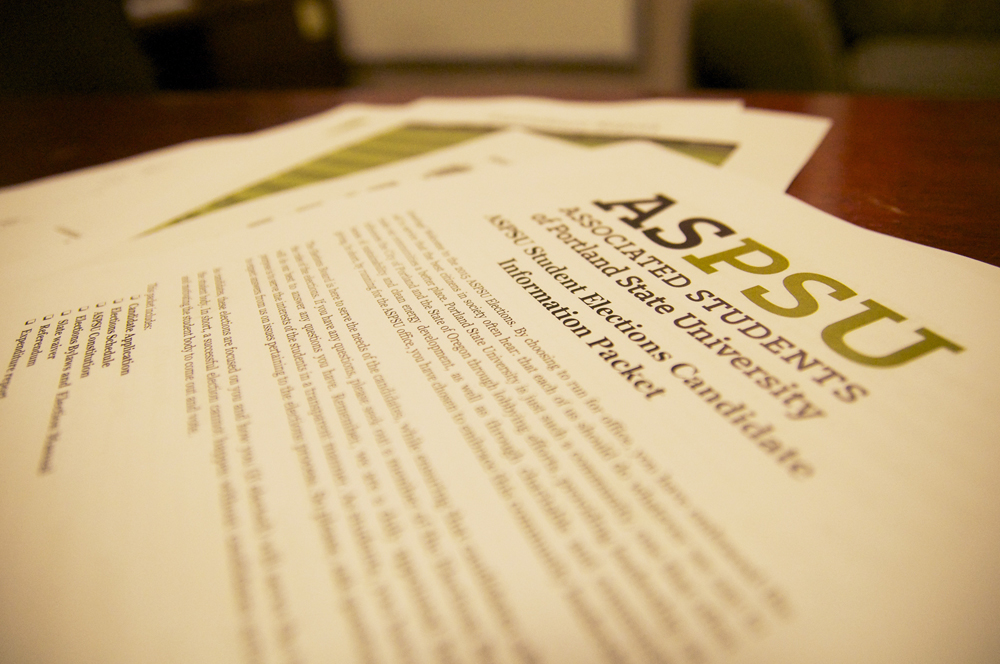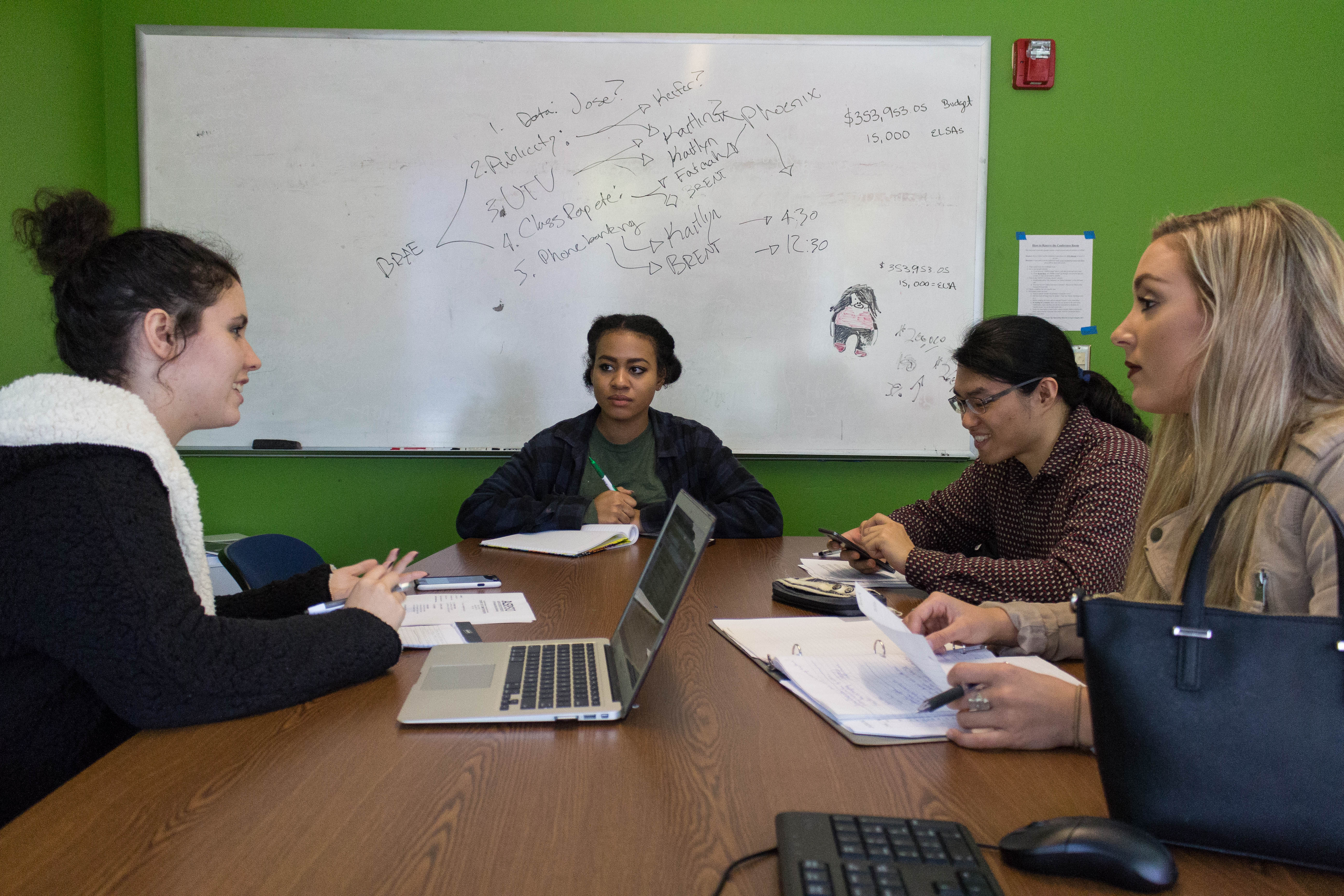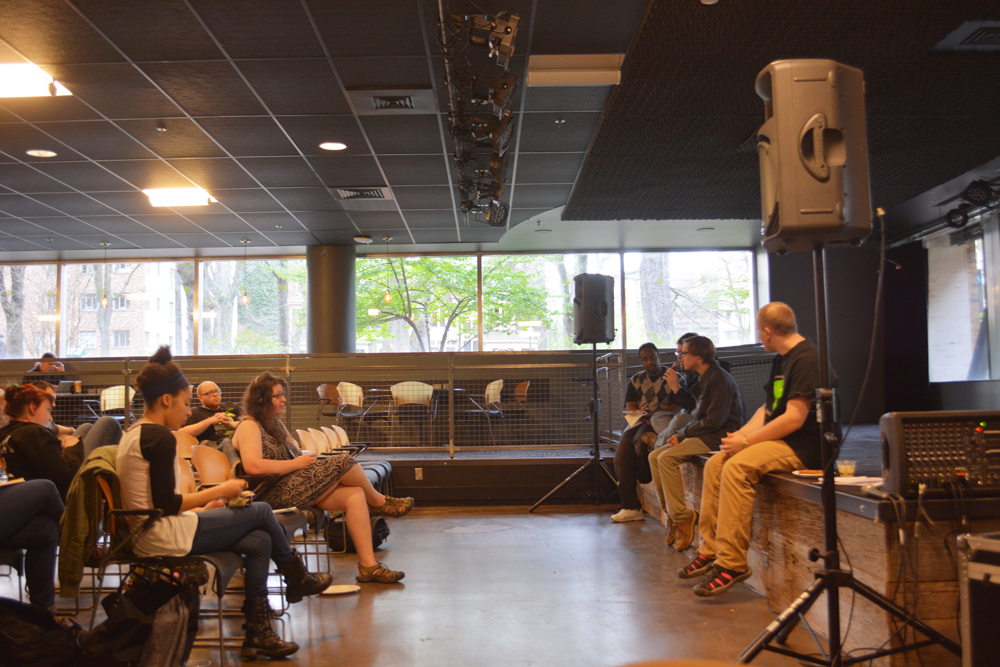In the most recent Associated Students of Portland State (ASPSU) elections, most candidates ran unopposed and several seats were left empty.
“The election was uncontested within ASPSU ranks and within the student body,” said Director of Student Life James Peterson. “It seemed to be a very straightforward election as to who would be chosen for the next administration and who would be the right choices.”
During this spring term, ASPSU held elections for Student Fee Committee (SFC) and student senate positions. Although the election boasted 1,286 votes—5.3% of the PSU student body—there were more seats open than candidates to fill them. According to Interim Coordinator of Student Government Relations & Adviser to Greek Life Madeline Frisk, University of Oregon only drew 369 votes out of a student body of 22,760, accounting for 1.6%
“When you look at it that way…comparatively, I think we are kind of making strides in…how we’re reaching out to people and kind of getting the word out more,” Frisk said. “I think there’s always more to improve on every year. But I will say comparatively, in a virtual environment, I think we figured out some ways to kind of improve that communication.”
Despite an uptick in voter turnout, election seats still remained empty. Although there is a passion and interest in office seats, positions for senators remained open, resulting in a quick turnaround to get those seats filled.
“We received a considerable amount of additional write-ins,” Frisk said. “But these were people [who] wrote in probably just themselves, because we got a bunch of write-ins [with] just one vote. So after that, we were…looking at…[if] we [were] going to be doing a special elections process. So we did kind of put together that process with our judicial review board as well as the elections review board. Our constitution basically states they have to…come up with a process for that.”
To complete this process, the review board, Frisk and her colleague, Executive Director of Student Leadership Aimee Shattuck, contacted write-ins to confirm their eligibility and interest in the role. No one responded.
According to Peterson, ASPSU comes up with a lot of its own projects and initiatives that serve the student body. Since it’s now able to scout people to fill open positions, it has an opportunity to be more selective about who it chooses to represent the student body. For Peterson, being a senator is a great opportunity for those that want the role, but also for ASPSU to find a potential candidate.
According to Peterson, ASPSU is in charge of providing voices for students. It encourages a space where students can be heard and present their opinions on ongoing issues and projects on campus. With the turn around of online education and the possibility of in-person classes in the fall, having a say in student safety and conduct is important now more than ever.
Student engagement in a virtual environment has posed a challenge for student government. With everything online, it’s harder to access students and encourage them to participate in student affairs, even in ones where their voice matters.
“I really want students to understand that their voice has power,” Peterson said. “You think that student government doesn’t have a lot of power [and in] reality, it doesn’t have a ton. But the fact that you have the ability and the platform to coalesce and organize, that’s massive. You can make institutional change at any level if you have enough people behind you. There’s plenty of instances where your grassroots activism or organization or organizing produces tangible results that we see.”
As fall term fast approaches and decisions are made regarding COVID-19 guidelines and safety, Peterson mentioned ASPSU is doing what they can to mobilize student voices during this time. It provides a platform in which students are able to comment on the situation and open up a dialogue.
“We can only do so much with our own projects or our own resources,” Peterson said. “That’s the missing part of the organization—[that’s] the life of any representative body, the constituents. So, get involved, please get involved.”






